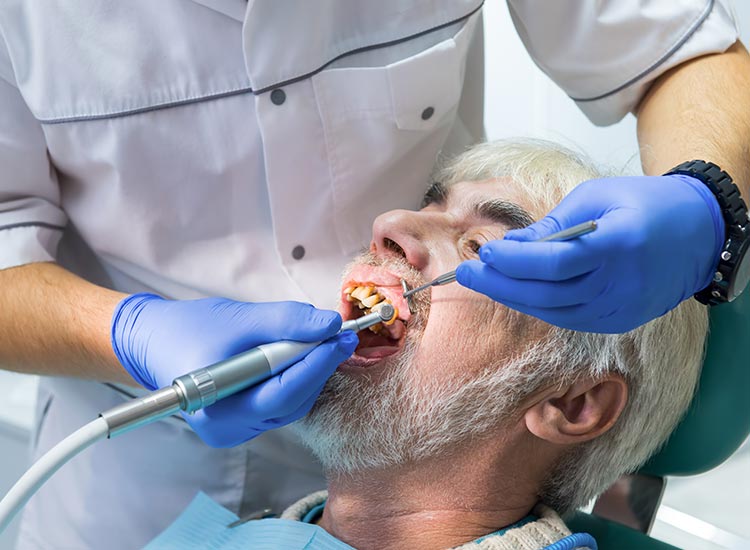Can a failed dental implant be saved?
A failed dental implant can sometimes be saved, depending on the cause and how early the issue is detected..
Key Points to Consider:
Implant failure can occur early (within months) or late (after years).
Common causes include infection, bone loss, implant movement, or trauma.
Mild cases like gum inflammation may be treatable without removing the implant.
Severe cases involving bone loss or implant looseness might require removal and replacement.
Prompt dental care improves the chances of saving or restoring the implant.

What Causes a Dental Implant to Fail?
Factors Leading to Implant Problems
Dental implants are highly successful, but like any medical procedure, complications can occur. Infection around the implant, called peri-implantitis, is a leading cause of implant failure. Other issues include insufficient bone support, excessive biting forces, or poor oral hygiene.
In some cases, implant failure may result from delayed bone healing or lifestyle factors like smoking and uncontrolled diabetes. Recognizing early signs such as swelling, discomfort, or mobility helps prevent further damage and makes saving the implant more likely.
How Are Failing Implants Treated?
Available Treatment Options
When caught early, mild implant problems can be managed with deep cleanings, antibiotics, and improved home care routines. Infections around the gum can often be reversed without removing the implant. More serious cases might require minor surgical procedures, such as cleaning the implant surface or adding bone graft material to restore support.
If the implant is loose or surrounded by significant bone loss, removal may be necessary. After healing and possibly a bone graft, a new implant can typically be placed. Your dentist will assess the situation and recommend the best course of action based on your specific needs.

If you suspect any discomfort or issues with a dental implant, don’t wait—early treatment is the best way to protect your smile. Schedule a visit with your dentist promptly to explore your options and keep your dental health on track.
